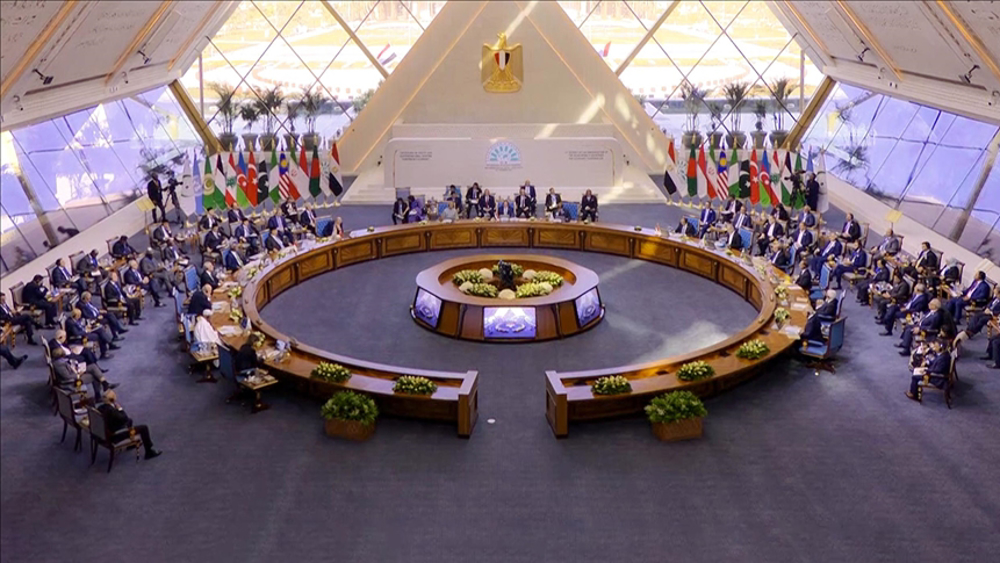Iran exports first wheat cargo in years
Iran says it has exported its first consignment of wheat after a hiatus of multiple years – what is seen as a robust sign that shows the country has not only been able to support domestic needs but also move ahead with overseas sales.
The consignment of 35,000 tons of wheat was sent to Oman from Iran’s Bandar Imam Khomeini in Khouzestan province.
It was taken to the Persian Gulf sultanate by the Islamic Republic of Iran Shipping Lines (IRISL), the country’s IRNA news agency reported.
Ali-Akbar Ghanji, the spokesman of the IRISL, told IRNA that the achievement was in line with the materialization of the “economy of resistance” blueprint which Leader of the Islamic Revolution Ayatollah Seyyed Ali Khamenei has proposed. The plan calls for establishing a knowledge-based economy relying on domestic capacities and cutting dependence on oil revenues in order to protect the country against Western sanctions and stimulate growth.
Ghanji added that it was also a sign that Iran’s plans to attain self-sufficiency in production of wheat had already been materialized.
Mohammad-Reza Mortazavi, the president of Food Industries Association of Iran, was quoted by the domestic media as saying that the move showed that the country had the capacity to export large volumes of wheat to Persian Gulf littoral states.
The sale, he added, could also be the start of Iran’s future exports to other consumer points.
Elsewhere in his remarks, the official added that Iran would be able to export at least 2 million tons of wheat by next April. This, he said, showed that the Islamic Republic already had no need for imports of wheat.
Iran’s wheat production has experienced a cycle of boom and bust. Largely self-sufficient in wheat a decade ago, the country had turned into one of the world’s biggest importers over the past few years.
‘All wars have rules. All of those rules have been broken’ by Israel
VIDEO | Report flags India’s violation of rights of Rohingya detainees
Turkey's foreign minister meets Syria's de facto leader in Damascus
'Next to impossible' to rescue patients from Gaza's Kamal Adwan Hospital: Director
VIDEO | Vietnam current prosperity
Report blames gasoil exports for shortage at Iranian power plants
VIDEO | Hind Rajab Foundation names Israeli war criminals vacationing after Gaza genocide
VIDEO | Australians rally for Gaza ahead of Christmas festivities










 This makes it easy to access the Press TV website
This makes it easy to access the Press TV website